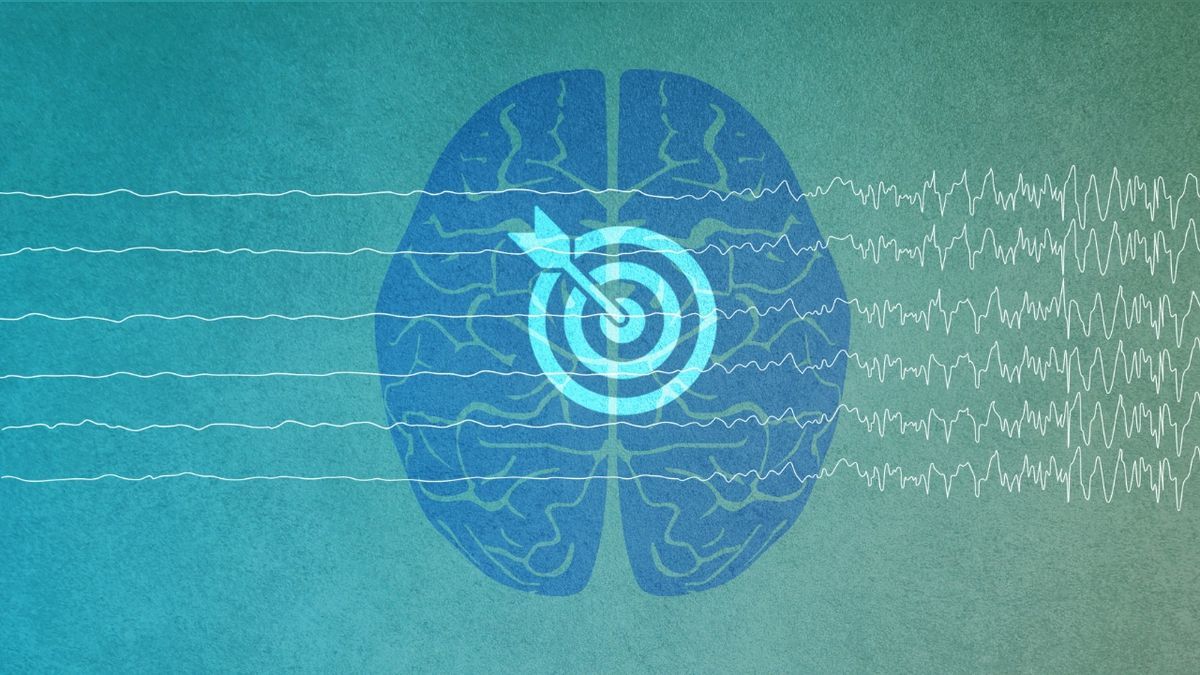
Convulsions Benign Familial Neonatal (BFNC) might sound like a mouthful, but understanding it can be straightforward. BFNC is a rare genetic condition causing seizures in newborns, usually within the first few days of life. These seizures, often brief and mild, typically resolve on their own within weeks or months. The term "benign" indicates that the condition is generally not harmful in the long run. However, knowing the facts about BFNC can help parents and caregivers manage the situation better. This article will provide 25 essential facts about Convulsions Benign Familial Neonatal to help you understand this condition more clearly.
Key Takeaways:
- Convulsions Benign Familial Neonatal (BFNC) are rare genetic disorders causing seizures in newborns, usually resolving by six months. Understanding symptoms, genetic basis, and future research can aid in early detection and management.
- Symptoms of BFNC include jerking movements, stiffening, loss of consciousness, feeding difficulties, crying, abnormal eye movements, and breathing changes. Treatment involves antiepileptic drugs, monitoring, genetic counseling, and supportive care.
What Are Convulsions Benign Familial Neonatal?
Convulsions Benign Familial Neonatal (BFNC) are rare genetic disorders that cause seizures in newborns. These seizures typically start within the first few days of life and usually resolve within a few months. Here are some intriguing facts about this condition.
-
Genetic Basis: BFNC is caused by mutations in specific genes, mainly KCNQ2 and KCNQ3. These genes are crucial for the proper functioning of potassium channels in the brain.
-
Inheritance Pattern: This condition follows an autosomal dominant inheritance pattern. This means a child only needs to inherit one copy of the mutated gene from one parent to develop the disorder.
-
Seizure Types: Seizures in BFNC are usually brief and can include jerking movements, stiffening, or loss of consciousness.
-
Onset Timing: Seizures typically begin within the first week of life, often within the first three days.
-
Duration: Most infants outgrow these seizures by the time they are six months old.
-
Diagnosis: Diagnosis is often based on the clinical history and genetic testing to identify mutations in the KCNQ2 or KCNQ3 genes.
-
EEG Findings: Electroencephalograms (EEGs) during seizures often show specific patterns that help in diagnosing BFNC.
-
Prognosis: The long-term outlook for children with BFNC is generally good, with most children developing normally after the seizures stop.
Symptoms and Signs
Understanding the symptoms and signs of BFNC can help in early detection and management. Here are some key points to consider.
-
Jerking Movements: One of the most common symptoms is sudden, brief jerking movements of the arms and legs.
-
Stiffening: Some infants may experience episodes where their body becomes stiff.
-
Loss of Consciousness: During a seizure, an infant may lose consciousness for a brief period.
-
Feeding Difficulties: Some infants may have trouble feeding during or after a seizure.
-
Crying: Seizures can sometimes be accompanied by crying or unusual sounds.
-
Eye Movements: Abnormal eye movements, such as rolling back of the eyes, can occur during a seizure.
-
Breathing Changes: Changes in breathing patterns, including pauses in breathing, can be a sign of a seizure.
Treatment and Management
Managing BFNC involves a combination of medical and supportive care. Here are some important aspects.
-
Antiepileptic Drugs: Medications like phenobarbital or carbamazepine are often used to control seizures.
-
Monitoring: Regular monitoring by a pediatric neurologist is essential to track the child's progress.
-
Genetic Counseling: Families may benefit from genetic counseling to understand the inheritance pattern and risks for future pregnancies.
-
Supportive Care: Ensuring the infant's safety during seizures and providing supportive care is crucial.
-
Emergency Plan: Parents should have an emergency plan in place in case of prolonged or severe seizures.
Research and Future Directions
Ongoing research aims to better understand and treat BFNC. Here are some exciting developments.
-
Gene Therapy: Scientists are exploring gene therapy as a potential treatment for genetic disorders like BFNC.
-
New Medications: Research is ongoing to develop new medications that target the specific genetic mutations causing BFNC.
-
Biomarkers: Identifying biomarkers that can predict the severity and course of the disorder is a focus of current research.
-
Clinical Trials: Participation in clinical trials can provide access to new treatments and contribute to scientific knowledge.
-
Patient Registries: Patient registries help researchers collect data on BFNC, leading to better understanding and treatment options.
Final Thoughts on Convulsions Benign Familial Neonatal
Convulsions Benign Familial Neonatal (BFNC) might sound intimidating, but understanding it helps. This rare genetic disorder causes seizures in newborns, usually within the first week of life. These seizures, though alarming, are typically brief and resolve on their own by the time the baby is a few months old.
BFNC is inherited in an autosomal dominant pattern, meaning one parent passes the gene mutation to the child. Early diagnosis and genetic counseling are crucial for families with a history of BFNC. While the condition often resolves without long-term effects, monitoring and supportive care ensure the baby's safety during seizure episodes.
Knowledge about BFNC empowers families to manage the condition effectively. With medical advancements and ongoing research, the outlook for babies with BFNC continues to improve, offering hope and reassurance to affected families.
Frequently Asked Questions
Was this page helpful?
Our commitment to delivering trustworthy and engaging content is at the heart of what we do. Each fact on our site is contributed by real users like you, bringing a wealth of diverse insights and information. To ensure the highest standards of accuracy and reliability, our dedicated editors meticulously review each submission. This process guarantees that the facts we share are not only fascinating but also credible. Trust in our commitment to quality and authenticity as you explore and learn with us.
